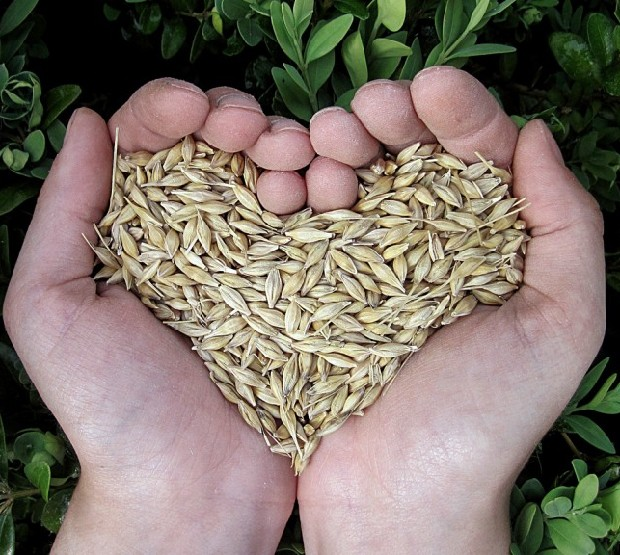All of us who have ever competed or faced a personal sporting challenge, we have been extremely concerned about being perfectly trained and psyched to the maximum to achieve our goal. But do we know what we must do to get in coOptimal conditions for day D and hour H that we have set for ourselves? In this post we explain how the athlete's diet should be before the competition, to carry out this set-up as if it were a Formula 1 racing car.
There are multiple and varied factors to take into account a few days before the one indicated: arriving with the right physical load, the mood, the control of nerves and anxiety and of course, the diet of the previous days.
tapering , which consists of a progressive decrease in the amount and intensity of the exercise in the 5 or 6 days prior to the comrequest and increase carbohydrate intake, up to a proportion of 65-70% of total daily calories in the days prior to the competition.
In the days leading up to competition, the famous carbohydrate load is often used to increase glycogen stores.
What this guideline will do is that we have a maximum growth of muscle glycogen (energy reserves). This technique is recommended both for sports of continuous duration and intensity (swimming, running, cycling ...) andfor those of intermittent intensity (tennis, football, basketball, paddle tennis ...). The drinks that accompany the meals will be sugary, for example, fruit juices or isotonic drinks.
It is important that the night before the competitionmake a dinner rich in carbohydrates and drink extra water , therefore, and following the model of the great world marathons: pasta party watered with water!
Athlete's diet a few hours before the competition
If the competition is in the morning:
This day it is convenient to have a light breakfast , two or three hours before the competition . Eating too much protein and foods high in grasa (such as eggs and bacon, or hamburgers) shortly before exercise can cause gastrointestinal problems. Guys! It is not the day of the fork breakfast as if you were hunters. Very valid breakfast options could be: a couple of toastswhole grains and / or a juice or fruit; milk with rolled oats and a banana, yogurt with an apple ... Don't be afraid to go hungry if you make a good dinner the night before, you won't have to eat in the morning.
If it's okay
If the competition is in the afternoon:
When the subject is in the afternoon, it is rarely a race (cycling, athletic or swimming) and is usually a game. This leaves us time toto make a hearty breakfast , rich in carbohydrates, but the food should be light, for example a green salad with lentils and quinoa would be successful.
The general rule of thumb is to leave at least three to four hours forto digest a large meal, two or three for a smaller one and less than an hour for a frugal snack.
The food before the competition will be light and in no case will it fill us up.
Between 1 hour and 30 minutes before the competition:
As a general rule, the ideal is to make a pre-competition snack 30 minutes before starting the effort, which provides us with between 150-200 calories, always dependingof the body weight of each. This will help us keep our sugar levels stable. The food will be mainly easily digestible carbohydrates with little fiber. It could be fruit like banana, grape, lto apple or a citrus. Nuts like walnuts, raisins, or dried figs. And carbohydrates like whole grains or crackers, but not all at once!
It is vitally important to consider a common mistake and not fall into it: ALL LTHE MEALS OF THE DAY ARE IMPORTANT for a good performance in competition or training and not only the food before or after, and if not ask Messi , who since he changed his eating habits, su performance, and conversely, his injuries underwent a spectacular improvement (we recommend reading Messi and his diet).
Eating correctly the days (and hours) prior to the competition will not make you win the race,Neither do your best personal record, nor score that goal that declines victory for your team, but what I can assure you is that if you don't take care of your previous diet, it could make you lose it. We expose you thegood eating habits. The talent, the capacity for sacrifice, the competitive instinct and the desire to win and / or to improve yourself is up to you!






